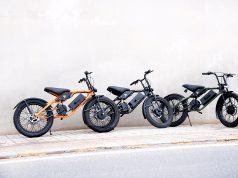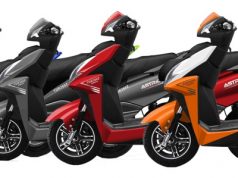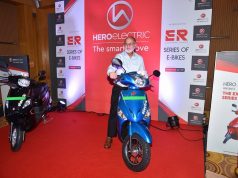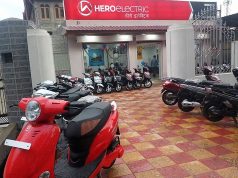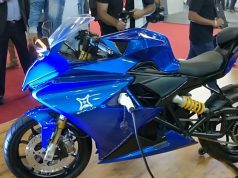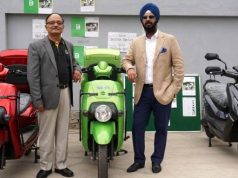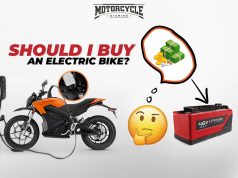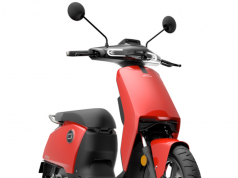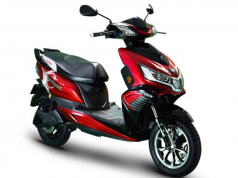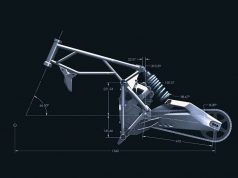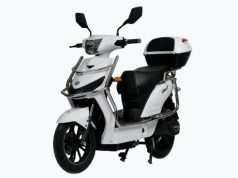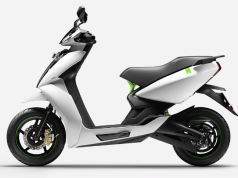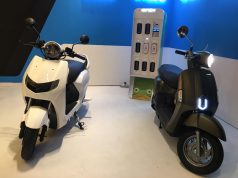SIAM appreciates as Import Duties of electrical parts and components are now 10% to 15% from earlier 15% to 30% slab
Society of Indian Automobile Manufacturers (SIAM) is welcoming Government of India’s move for encouraging electric mobility in the country by providing preferential import duty on CKD and SKD of electric vehicles for conventional vehicles. On the other hand, the Government is not allowing import of completely built electric vehicles in order to promote Make in India program. The notification has also removed ambiguity in the definitions of CKD and SKD of electric vehicles for all vehicle segments.
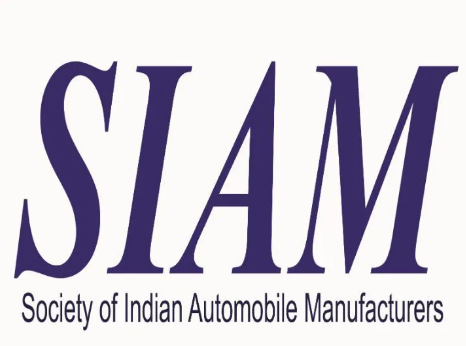
A Completely Built Electric Vehicle will attract 60% to 100% import duty for passenger vehicles, an import duty of 50% will be believed for two-wheelers and 25% for Trucks and Buses equal to that of conventional vehicles, suggested SIAM.
On this development, SIAM stated, “In line with our submission to Government, certain additional components are added to be imported at concessional rate should trigger assembly operations in the country. This would help in creating supply and demand for electric vehicles. The government should allow these concessions for a few years to allow the automobile industry to achieve minimum viable scale. With the improved scale of operations, localization of these components would also happen.”
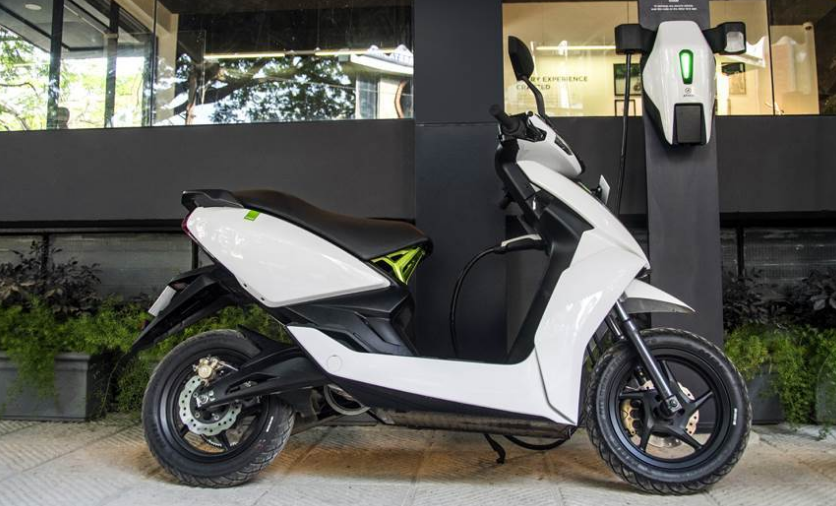
Also Read: Game Changers of the Month – January 2019
The Li-ion cells will now attract an import duty of 5% from the previous 0%. As a matter of fact, there is no manufacturing facility to produce Li-ion cells in India, this move will increase the cost of locally assembled battery packs which are in turn made from imported Li-ion cells. The costlier source of power for electric vehicles will drive their overall price higher. However, it is recognized that domestic cell manufacturing will become an important strategic goal for India.

Also Read: Ather Energy to expand to other cities soon
SIAM recommended Government to reconsider the import duty on Li-ion cells and keep it NIL but with an expiry date so that Battery makers and automobile companies can plan for making batteries from scratch in India. SIAM is also looking forward to working with Government on this front to create a win-win situation for the country as a whole.
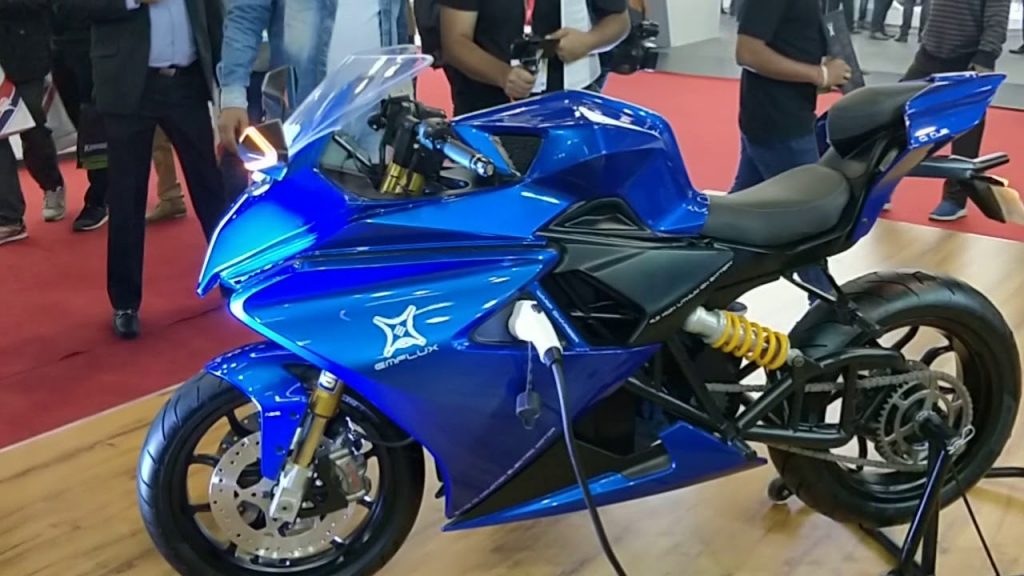
At last, the announcement has been well designed to enable investments, market creation and localization for electric vehicles and their critical components in the country. In a bird’s eye view, our automobile industry is seriously working for practically, financially and environmentally successful implementation of electric vehicle technology in the country.






